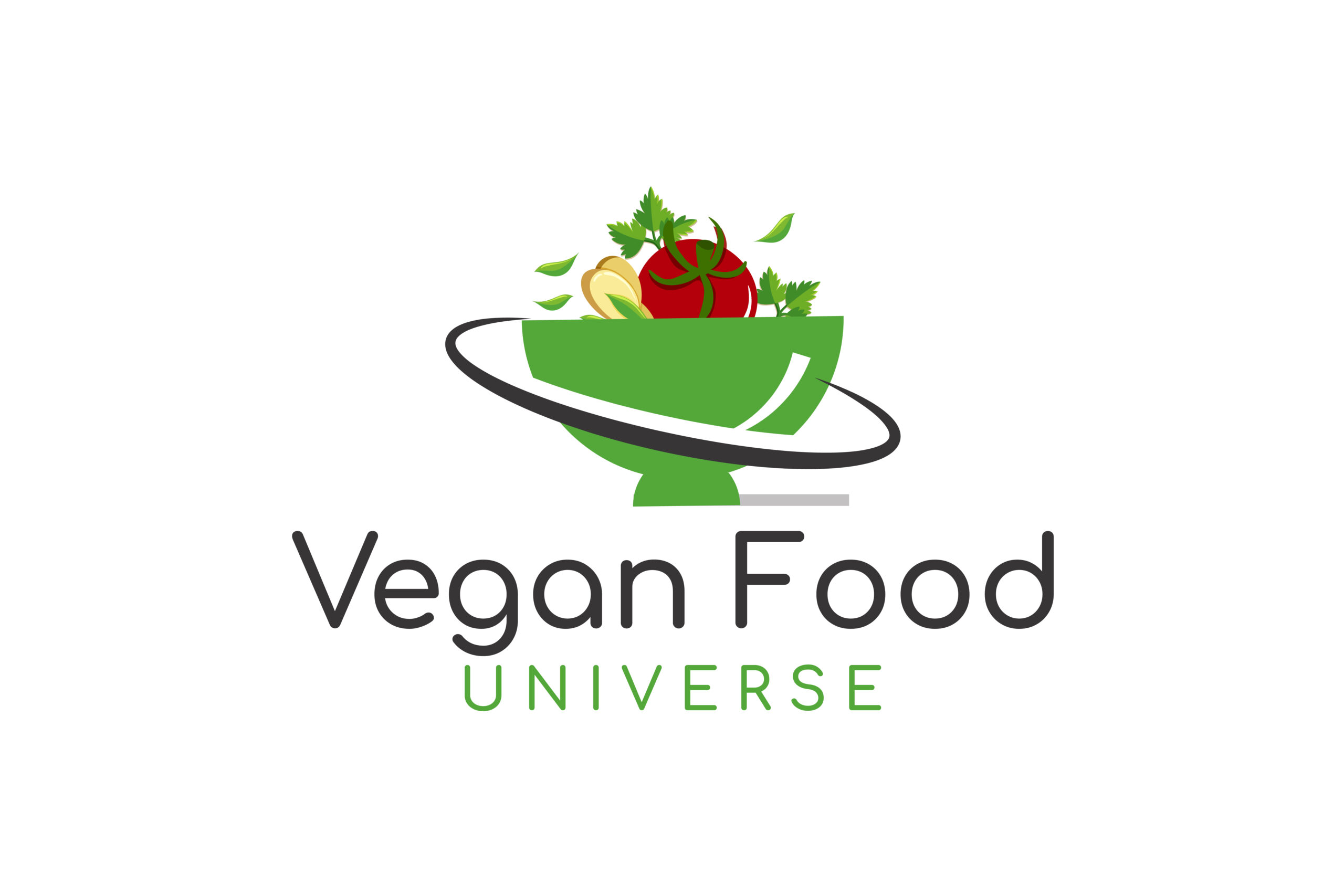Maximizing Good: The Utilitarian Defense for Veganism
>> Click Here For The Simple and Delicious Vegan Cookbook
Veganism, once considered a niche lifestyle choice, has increasingly become recognized as a profound ethical stance with far-reaching implications. At its core, veganism eschews the consumption of animal products in all forms, driven by concerns for animal welfare, environmental sustainability, and human health.
This article explores veganism through the lens of utilitarianism, a philosophical framework that advocates maximizing overall happiness and minimizing suffering. By examining the ethical principles underlying veganism and its alignment with utilitarian ideals, we can better understand the compelling case for embracing a plant-based lifestyle.
Understanding Utilitarianism
Utilitarianism posits that the morality of an action is determined by its consequences, specifically the extent to which it maximizes overall well-being and minimizes suffering. Rooted in the principle of utility, or the greatest good for the greatest number, utilitarianism provides a pragmatic approach to ethical decision-making. By prioritizing the welfare of sentient beings and considering the broader impact of our actions, utilitarianism offers valuable insights into the ethical implications of veganism.
The Environmental Impact of Animal Agriculture
Animal agriculture exacts a significant toll on the environment, contributing to deforestation, pollution, and greenhouse gas emissions. By reducing demand for animal products, individuals can mitigate the harmful effects of industrial farming and promote environmental sustainability. Adopting a plant-based diet represents a tangible way to align personal choices with utilitarian principles, thereby minimizing ecological harm and preserving natural resources for future generations.
Animal Welfare and Utilitarianism
Factory farming perpetuates widespread animal suffering, subjecting billions of sentient beings to confinement, mutilation, and inhumane slaughter. Utilitarianism condemns the needless infliction of suffering and advocates for compassion towards all sentient beings. By advocating for the rights and welfare of animals, veganism embodies the utilitarian ideal of reducing unnecessary suffering and promoting empathy and compassion towards all living creatures.
Health Benefits of Veganism
Research consistently demonstrates the health benefits of a plant-based diet, including reduced risk of heart disease, cancer, and other chronic illnesses. By prioritizing plant-based foods rich in vitamins, minerals, and antioxidants, individuals can optimize their health and well-being. Utilitarianism emphasizes the importance of promoting health and preventing harm, making veganism a compelling choice for those seeking to maximize their own well-being and that of others.
Addressing World Hunger
The global food crisis underscores the inefficiency of animal agriculture in addressing food insecurity. By redirecting resources from livestock production to plant-based agriculture, we can alleviate hunger and ensure more equitable distribution of food resources. Utilitarianism underscores the moral imperative of addressing global hunger and promoting food security for all, making veganism a pragmatic solution to this pressing humanitarian issue.
Inequality and Ethics
Veganism intersects with broader issues of inequality and social justice, challenging prevailing notions of privilege and entitlement. By advocating for plant-based diets, individuals can promote fairness and equity in access to resources and reduce disparities in global food distribution. Utilitarianism urges us to consider the welfare of all individuals, regardless of species, and to strive for a more just and equitable society.
Veganism as a Moral Imperative
Building upon utilitarian principles, veganism emerges as a moral imperative rooted in the pursuit of maximizing overall well-being. The concept of “speciesism,” or the arbitrary discrimination against certain species, underscores the inconsistency in valuing human interests over those of animals. Veganism represents a conscious rejection of speciesism attitudes and a commitment to treating all sentient beings with dignity and respect.
Counterarguments and Responses
Despite its ethical and practical merits, veganism faces common counterarguments, including concerns about nutritional adequacy and feasibility. However, research indicates that a well-planned vegan diet can meet all nutritional requirements and support optimal health. By addressing misconceptions and providing evidence-based responses, we can strengthen the utilitarian defense for veganism and refute objections to its adoption.
Conclusion
In conclusion, veganism offers a compelling pathway towards maximizing overall well-being and minimizing suffering, in accordance with utilitarian principles. By embracing a plant-based lifestyle, individuals can promote animal welfare, environmental sustainability, and human health, while advancing the broader goal of creating a more ethical and compassionate world. As stewards of our planet and its inhabitants, let us heed the utilitarian call to action and embrace veganism as a means of maximizing good for all.
Copyright VeganFoodUniverse.com. All rights reserved © 2024.


Recent Comments